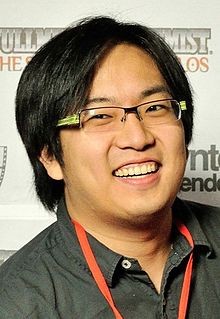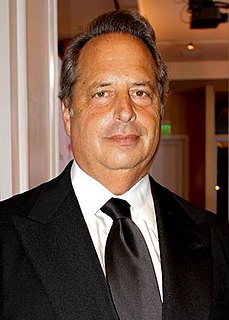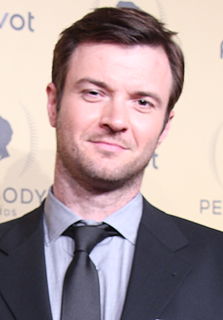A Quote by Spike Lee
Music is, for me, a great tool of a filmmaker, the same way cinematography, the acting, editing, post-production, the costumes are. You know, to help you tell a story.
Related Quotes
I don't come from a film background. I haven't learned anything about films or film-making. But I have a thirst to know everything about my profession. I want to learn about cinematography, about editing, about music recordings, about post-production. So when people in the know talk, I willingly listen.
I'm attracted to directors in general because I appreciate the work and the job they have to do. I watched the post-production, I watched the pre-production... post-production is something that I'm very interested in and I did spend a lot of time in editing rooms when I was young pretending to be sick.
When I make film music, I'm a filmmaker first and foremost. It's about serving the needs of the film. You're telling a story; in a way, you stop becoming a composer and become a storyteller instead. You tell the story with the most appropriate themes. How you approach these things is a very personal matter, but your goal is to tell the story first.
The one good thing about a movie and music and stuff like that: Sometimes it's a counterpoint between the movie and the music itself, the difference and the tension they build together. I think that could be something that helped with me, because when I write songs now, I write lyrics a bit like that. I try to make the music be an interesting twist on the lyrics and help tell the story in a - I don't tell crazy stories, you know? So a lot of times, the twist is in the subtleties. The twist is in the way the story's told.
The director makes the movie. The director has to have the story in their head, has to know the style of the piece, has to answer questions from actors, design, set, lighting, every department throughout the pre-production, production, and post-production, because they've got it in their mind. They've got to know exactly what they want and what the style and story of the movie is. It's them. They make it.
I've been making films with almost no dialogue (laughs), so sound and music become a very powerful character to tell the story. It's almost like with sound and music and images, it's your tool to tell the story, especially when I decide to structure the film in a way that usually goes against the conventions of the three-act structure which most films are made out of.
I think I read films having grown up around the pre-production and post-production aspect of the filmmaking medium, a lot more than most young people who are in acting would have experienced. I do think about scripts in a different way. I can't just read a script as an actor. I don't know how to do that.




































